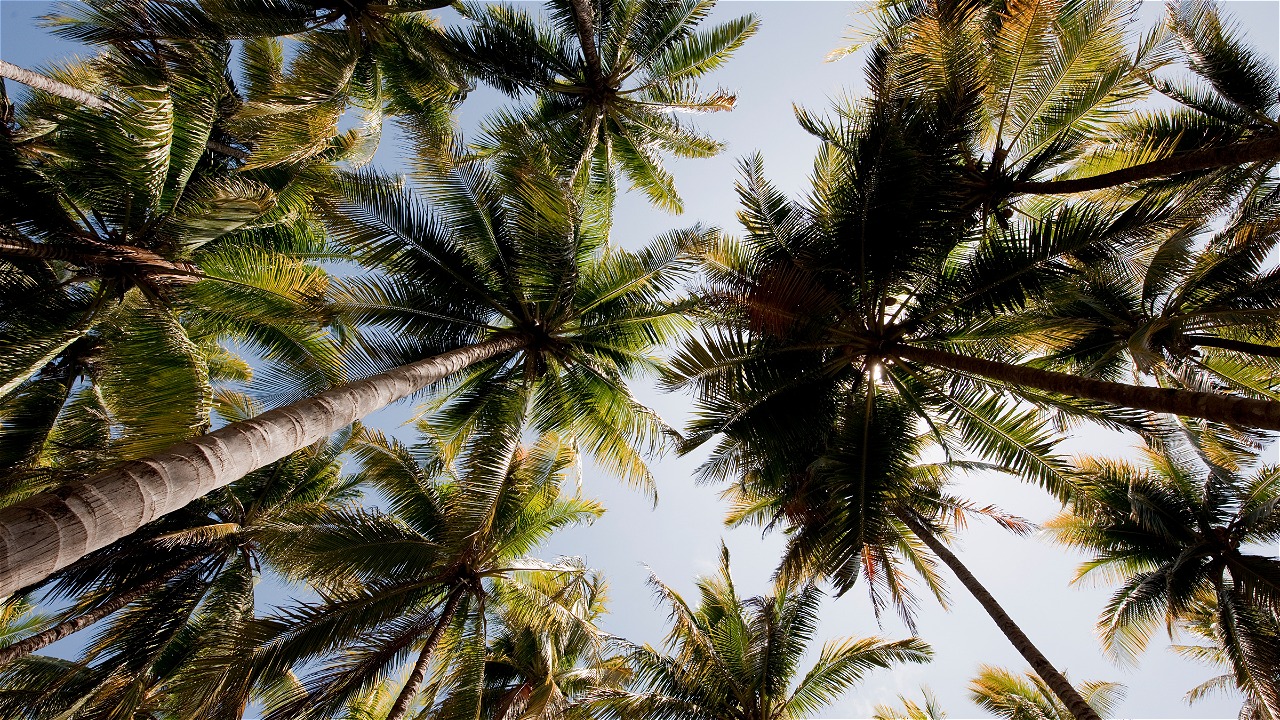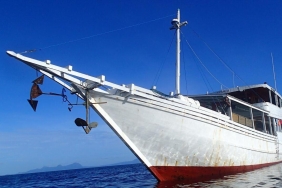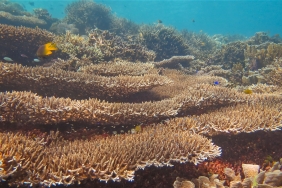HINO INDONESIA SUPPORTS WASTE MANAGEMENT EDUCATION IN WAKATOBI
By: Maya Bellina
Wakatobi is widely known as one of the best marine destination, not only for domestic tourists but also for tourists coming from abroad. An intense promotion also boosts the increasing number of tourists significantly.
Unfortunately, this trend is not in line with the management planning by the local people. This issue sometimes made worse by the behavior of the local who are mostly not aware of the importance of environmental cleanliness.
Wakatobi islands comprises of 4 main islands: Wangi-wangi, Kaledupa, Tomia and Binongko. This area is also included in the coral triangle zone. A 1.39 million hectare area is mostly inhabited by Buton Tribe as Wakatobi indigenous people, who happen to live in harmony with Bajau Tribe. As a nomadic tribe, Bajo people build their settlement above the coastline water, creating a direct interaction of Bajo with the sea.
But the poor living condition around the Bajo Village of Mola have to be considered as one of the worst situation in Wakatabi. Pile of waste filled up the canals around the houses. It does not only come from domestic waste, but also from the mainland and waste brought up by the current into the canals. It is why waste management is needed in Bajo settlement.
WWF-Indonesia Wakatobi Program, together with local facilitators, develop a module of waste management implemented in 3 different schools in Mola Raya Village as an educational means. This modul is not only addressed for students, but for whole Bajo people in common. Women are also targeted as they are the one who are responsible in developing families. In short, education on the importance of cleanliness is not only done at schools, but also at family-level.
In an effort to educate Bajo people about the bad impact caused by waste dumping to the ocean, WWF-Indonesia is supported by HINO Indonesia to make this educational program as their main priority list, with hope that within the radius of 50 meters there would be no more garbage to be found.
WWF-Indonesia Marketing Director Devy Suradji said “The underwater beauty of Wakatobi is second to none and has been the main destination for an underwater sport enthusiasts. But the issue is now inevitable, unless we take action right away, environment and people’s health are at stake here”. “Not only that, the waste is directly threatening the coral triangle area, where it lies thousands of fish and coral species inside. It means it will have a ‘domino effect’ towards food security and people’s welfare of the world in general” he added. The statement was revealed in the inauguration of cooperation program on waste management education done in Iftidaiyah Islamic School in Mola Nelayan Bakti, Wakatobi, on April 6th 2014.
The director of HINO Indonesia, Jayashree Ralhan expressed his concern on this issue, stated that the Alor Solor has brought HINO Indonesia all the way to Wakatobi. “Last 2013 we conducted a coral reef rehabilitation with Rock Pile method in Alor Solor for the people of Marisa Village in Kangge Island in hope to build an underwater houses in which the reef fishes could live in. And this time around, HINO fully supports the waste management program in Mola Village. “We have a strong commitment to continue these efforts to conserve the environment through educational facilities” he concluded.
“WWF-Indonesia has compiled a modul on waste management at sea which will be used to increase people’s awareness. We hope it could be a turning point of an effective management to achieve conservational value and improve people’s welfare who live within the Wakatobi National Park” WWF-Indonesia Wakatobi Program Project Leader Sugiyanta explained. He added “A collaboration from stakeholders such as schools, head of villages and local health department will determine the outcome of this program”.
The three main pillars, notably environment, education and health are the priorities which initiate social programs HINO have done since 2007. This kind of committment has also been implemented in the way their trucks that meet the condition of EURO 2 with environmental standard. This program is their 4th year in committing a cause to help the environment after Panda Mobil, Reforestation program in Sebangau National Park and Coral Reef rehabilitation program in Solor Alor, East Nusa Tenggara.
Translated by Imanda Pradana





